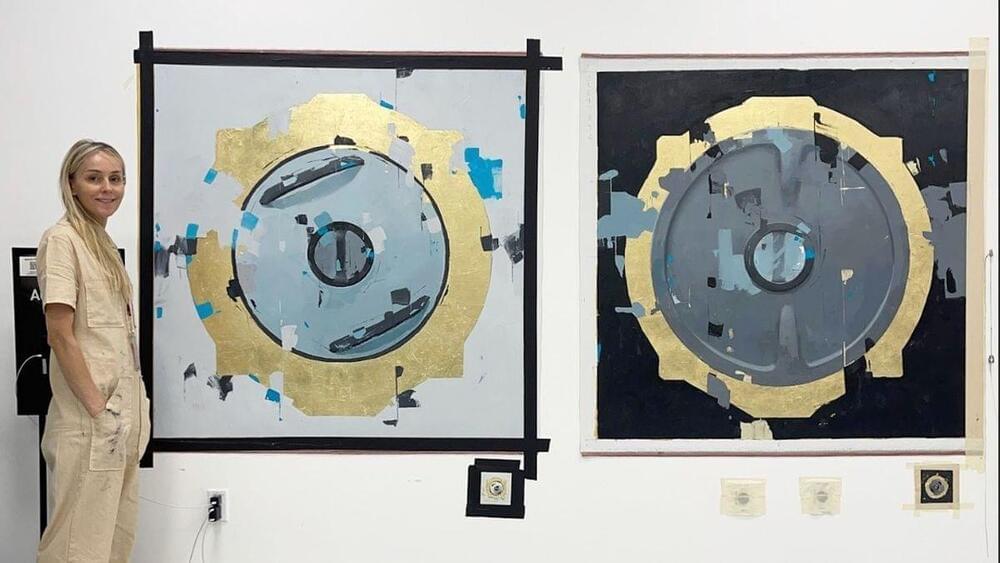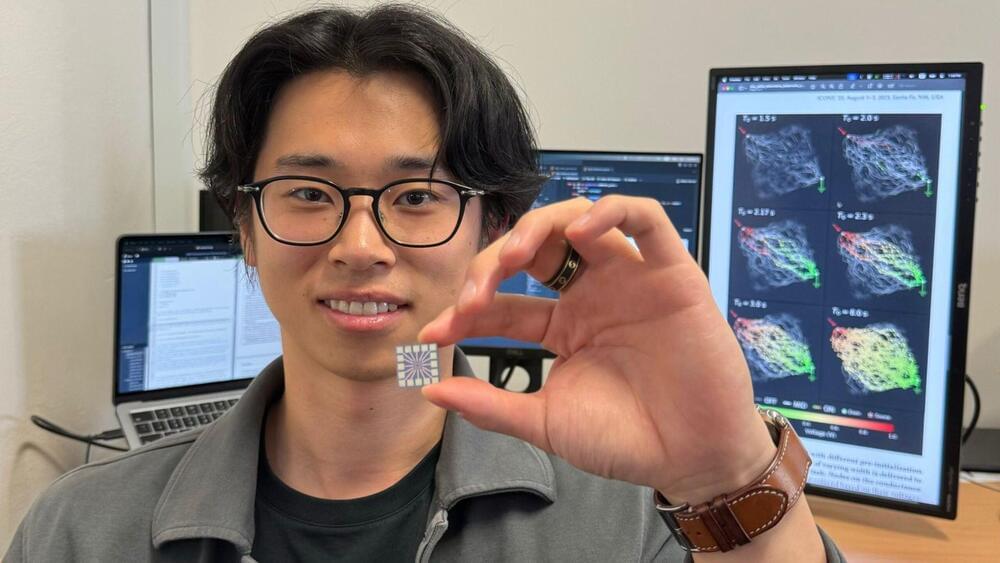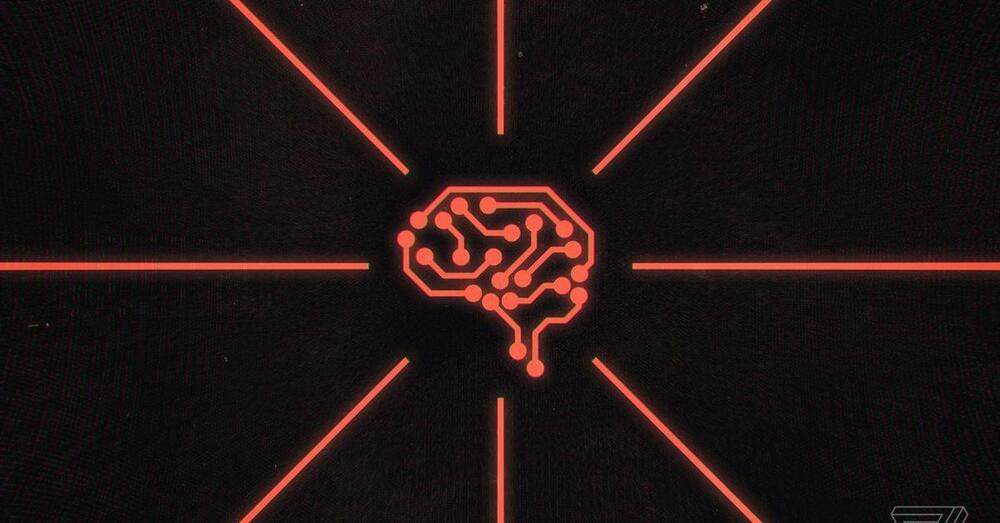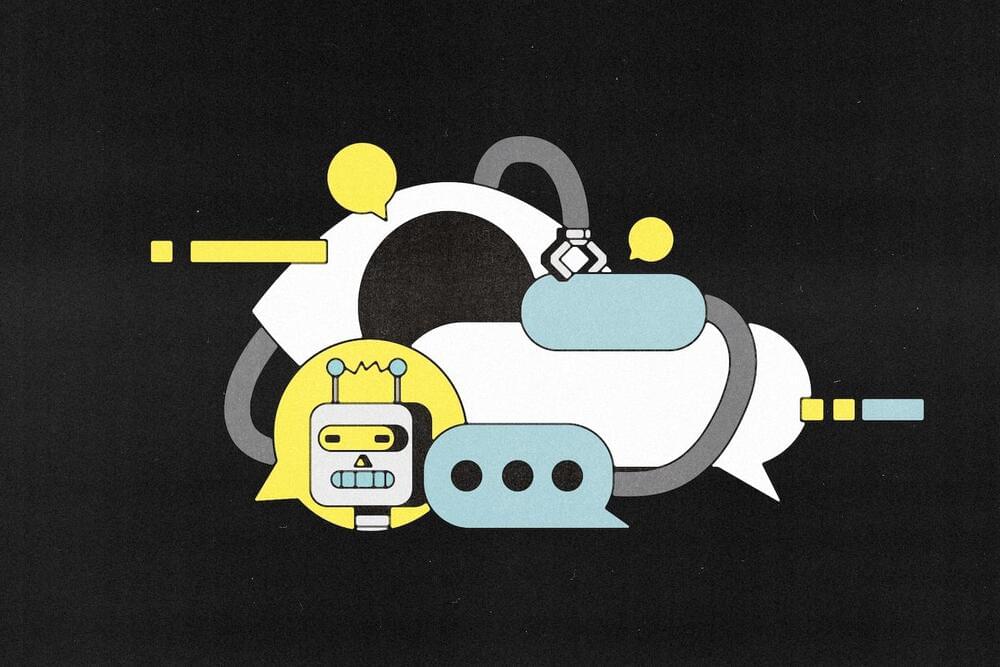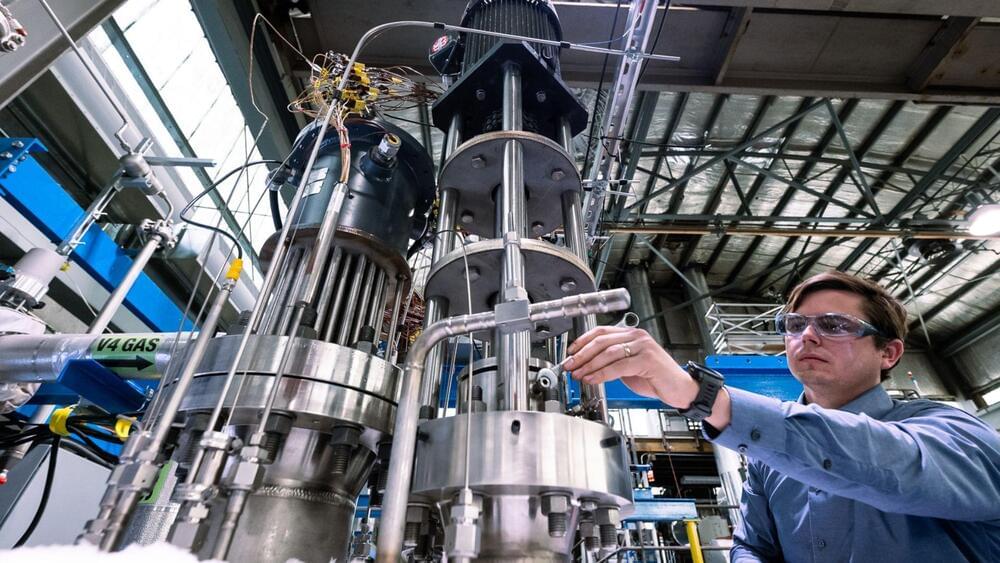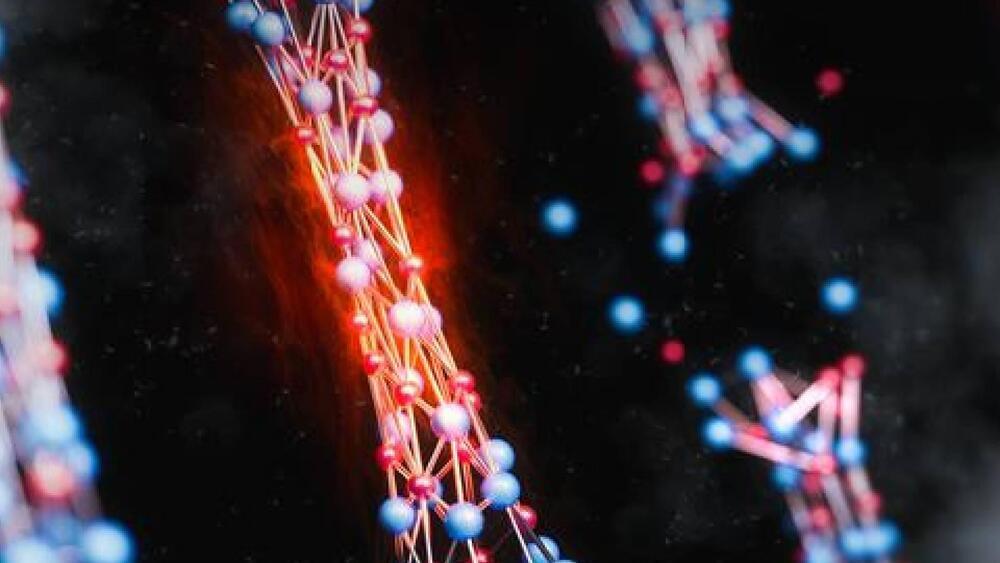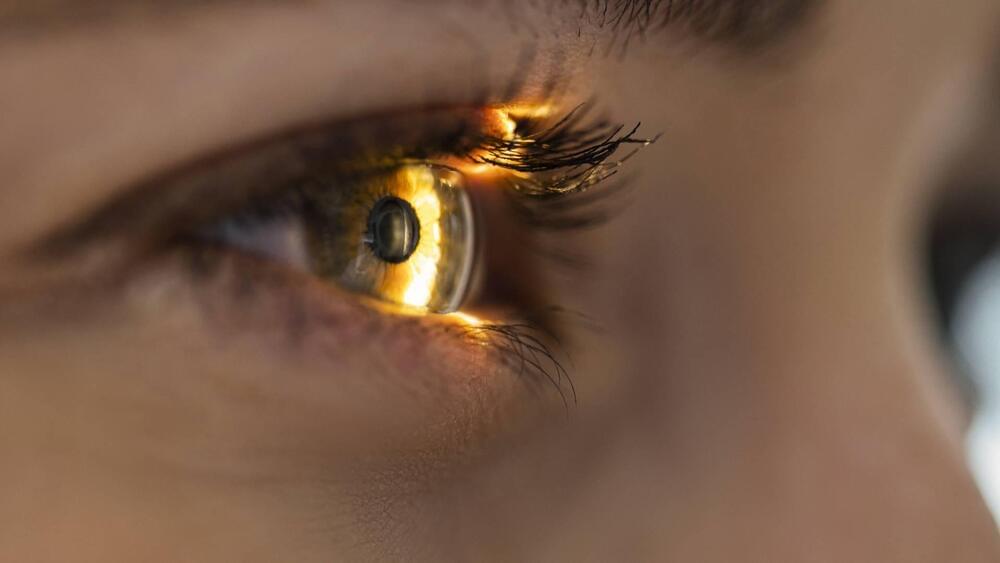Provocative Silicon Valley artist Agnieszka Pilat has strong beliefs regarding the intermingling of art, religion and technology, something that keeps her fertile muse alert amid multiple presentations, exhibitions and appearances at global events such as the recent TED AI 2023 conference in San Francisco.
The Polish-born Pilat’s current SpaceX Artist-in-Residence program at the aerospace firm’s Hawthorne, California facility will likely run through 2024 and comes right before a December exhibition at the National Gallery of Victoria’s Triennial in Australia. There, for three months, her black-and-yellow Boston Dynamics robodogs will be creating autonomous artwork via a series of pre-programmed instructions.
